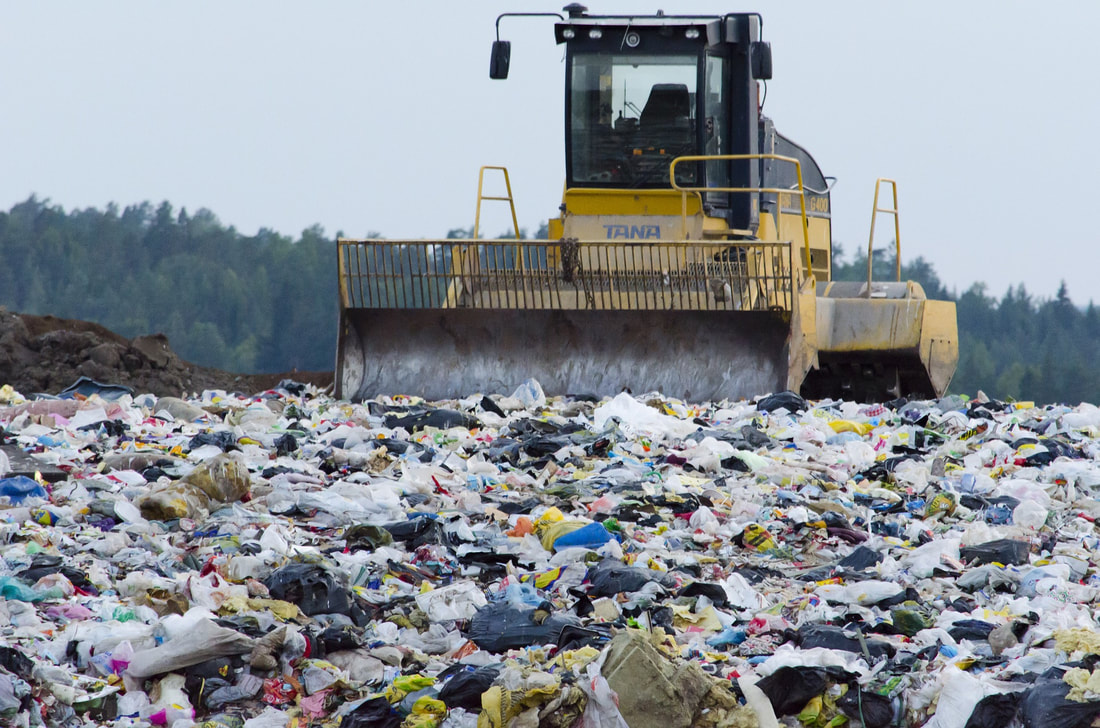|
VANCOUVER -- The National Zero Waste Council (NZWC) recently released its updated National Food Waste Reduction Strategy for preventing food waste in Canada, sharing the report with Agriculture and Agri-Food Minister, Lawrence MacAulay, and Environment and Climate Change Minister, Catherine McKenna to help inform the Government’s development of a Food Policy for Canada.
Also read, Vancouver Bans Plastic Straws, Foam Cups and Foam Fast Food Containers. Key findings, after extensive engagement on behalf of the Council’s Food Working Group led by Working Group Co-Chairs Bob Long, Councillor with the Township of Langley, BC and Lori Nikkel with SecondHarvest, with close to 1,000 representatives from the Canadian agri-food sector as well as government and environmental organizations suggest more needs to be done to tackle food waste along the whole supply chain, access business and marketing innovators to provide solutions for food waste and improve the entire food donation system. The updated Strategy, now called A Food Loss and Waste Strategy for Canada, recommends a coordinated national effort to halve food waste by 2030. A key theme of the strategy calls for a supply chain approach that would close the loop on food waste occurring during production, processing and distribution–before it even gets to consumers. “More than a third of the food Canada produces never gets eaten,” says Malcolm Brodie, Chair of the National Zero Waste Council. “Half of this waste occurs on the supply side, and the rest at home. Though many food waste reduction activities are already underway, they are mostly happening in isolation from each other. We can achieve far greater success through collaboration and a unified vision for change.” The report takes into consideration the logistical challenges of Canada’s vast geography and sparse population centres, as well as the fact that most businesses involved in food production, distribution and retail operate on a relatively small scale. The report recommendations, broadly supported by a diverse range of stakeholders, include:
“This collaborative work by the National Zero Waste Council is critical in helping Canada join other global leaders in addressing food loss and waste,” says Cher Mereweather, Executive Director of Provision Coalition. “At Provision, we have been actively involved in developing and executing measures outlined in the Food Loss and Waste Strategy for Canada that support manufacturers in making food sustainably for all Canadians.” The National Zero Waste Council also recently released new Guidelines for Food Donation in Canada and will be launching in late 2018 a national behaviour change campaign with local governments and retailersto help support change within our Canadian culture regarding food waste. SOURCE The National Zero Waste Council
0 Comments
Leave a Reply. |
Advertisement
News & Updates
Stay informed with the latest news around foodservice, agriculture and other related food news. Advertisement Opportunities
|


 RSS Feed
RSS Feed


